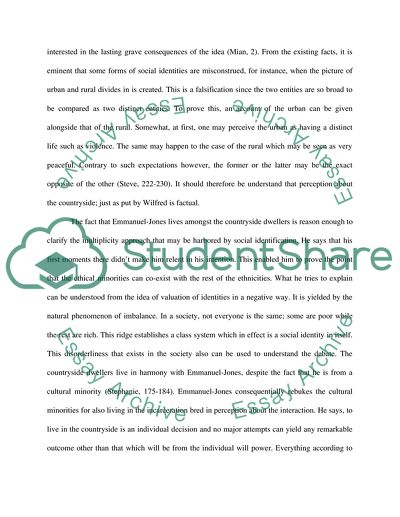Cite this document
(“To Live in British Countryside Essay Example | Topics and Well Written Essays - 1250 words - 2”, n.d.)
Retrieved from https://studentshare.org/sociology/1642056-examine-the-argument-that-places-can-be-a-source-of-inclusion-and-exclsuion-for-specific-communities
Retrieved from https://studentshare.org/sociology/1642056-examine-the-argument-that-places-can-be-a-source-of-inclusion-and-exclsuion-for-specific-communities
(To Live in British Countryside Essay Example | Topics and Well Written Essays - 1250 Words - 2)
https://studentshare.org/sociology/1642056-examine-the-argument-that-places-can-be-a-source-of-inclusion-and-exclsuion-for-specific-communities.
https://studentshare.org/sociology/1642056-examine-the-argument-that-places-can-be-a-source-of-inclusion-and-exclsuion-for-specific-communities.
“To Live in British Countryside Essay Example | Topics and Well Written Essays - 1250 Words - 2”, n.d. https://studentshare.org/sociology/1642056-examine-the-argument-that-places-can-be-a-source-of-inclusion-and-exclsuion-for-specific-communities.


